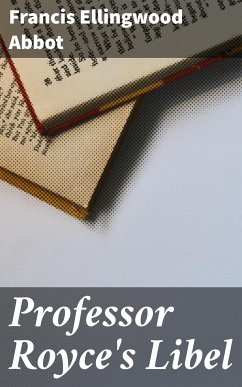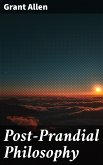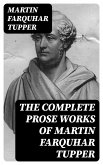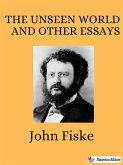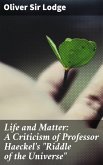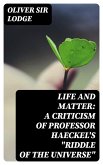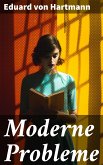In "Professor Royce's Libel," Francis Ellingwood Abbot presents a thought-provoking critique of the philosophical arguments posed by Josiah Royce, particularly his views on idealism and the nature of reality. Abbot employs a polemical and incisive literary style, drawing on a rich tradition of American pragmatism while setting his own perspectives against Royce's elaborate constructs. The book navigates complex philosophical waters, engaging rigorously with metaphysical issues and the implications of idealism in contemporary thought, positioning Abbot as a significant voice in the philosophical landscape of his time. Francis Ellingwood Abbot, a leading figure in the American transcendental movement and an advocate for pragmatic philosophy, was deeply influenced by the philosophical currents of the late 19th century. His own experiences as a theologian and a critic of dogmatic beliefs informed his desire to challenge Royce's assertions. Abbot's intellectual pursuits are marked by a commitment to truth and clarity, encapsulated in his relentless questioning of established doctrines, making him an essential figure in the history of American philosophy. "Professor Royce's Libel" is a compelling read for anyone interested in philosophy, idealism, or the evolution of thought in America. Abbot's erudition and audacity invite readers to question their own beliefs and engage with the philosophical dilemmas of existence. Scholars and casual readers alike will find value in this rigorous examination of Royce's work, enriching their understanding of pragmatism and its critiques.
Dieser Download kann aus rechtlichen Gründen nur mit Rechnungsadresse in A, B, BG, CY, CZ, D, DK, EW, E, FIN, F, GR, H, IRL, I, LT, L, LR, M, NL, PL, P, R, S, SLO, SK ausgeliefert werden.

